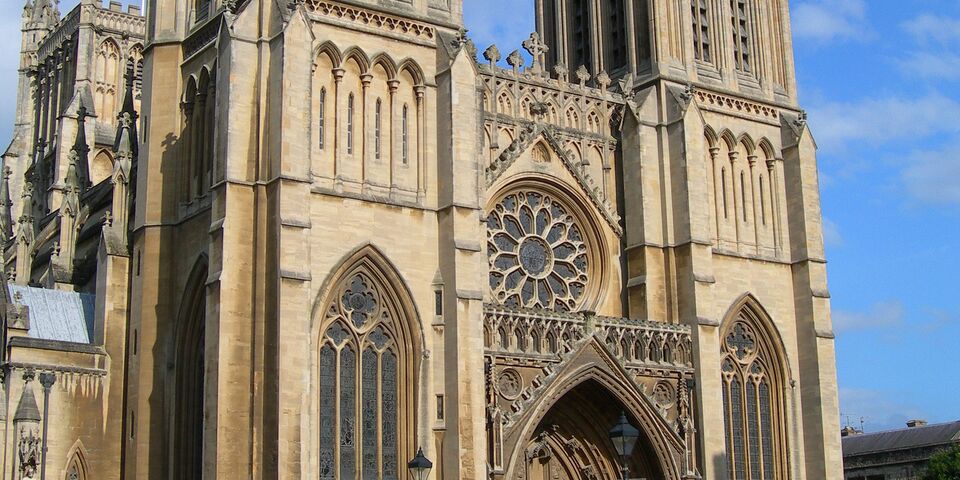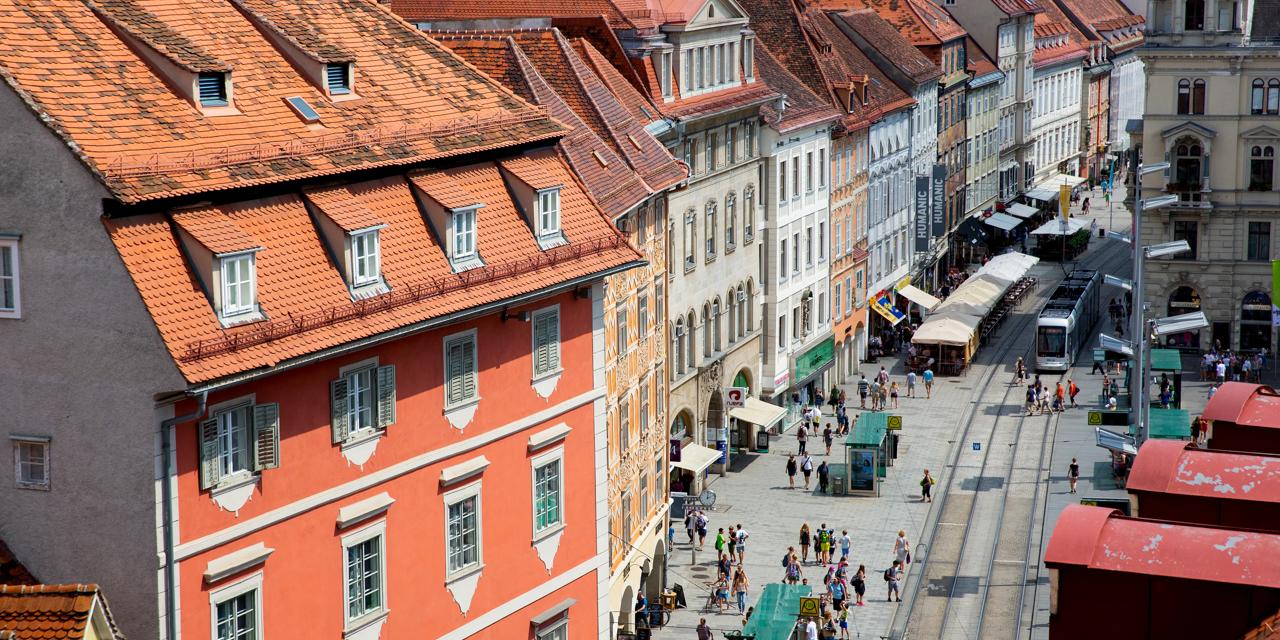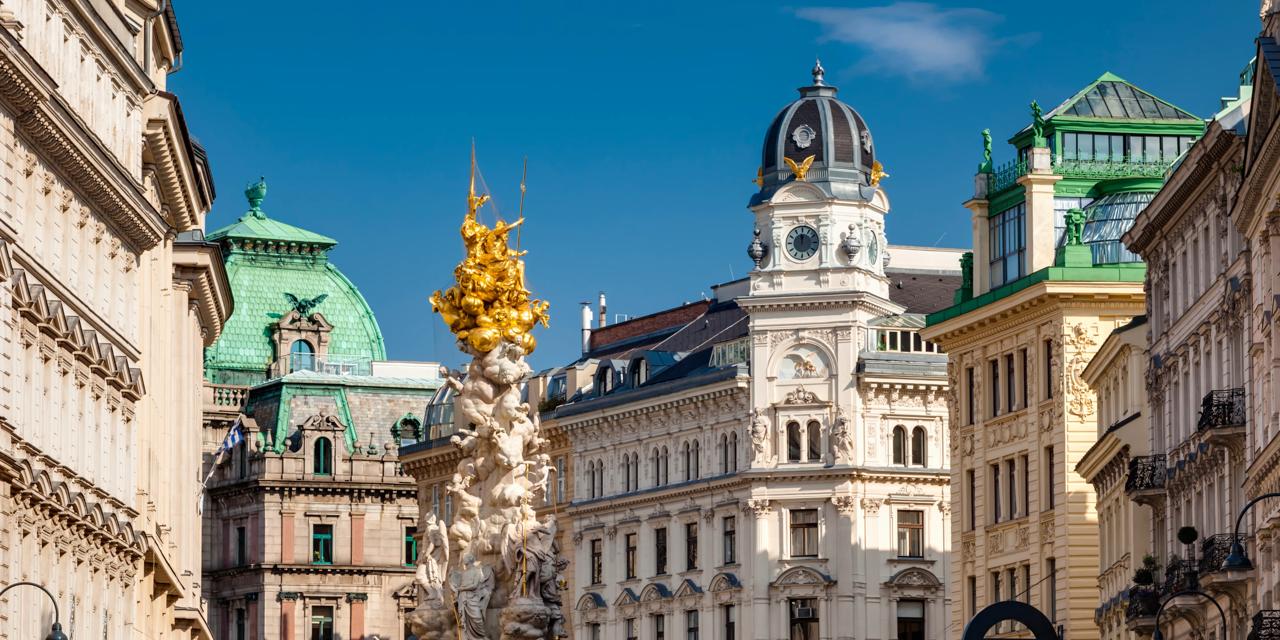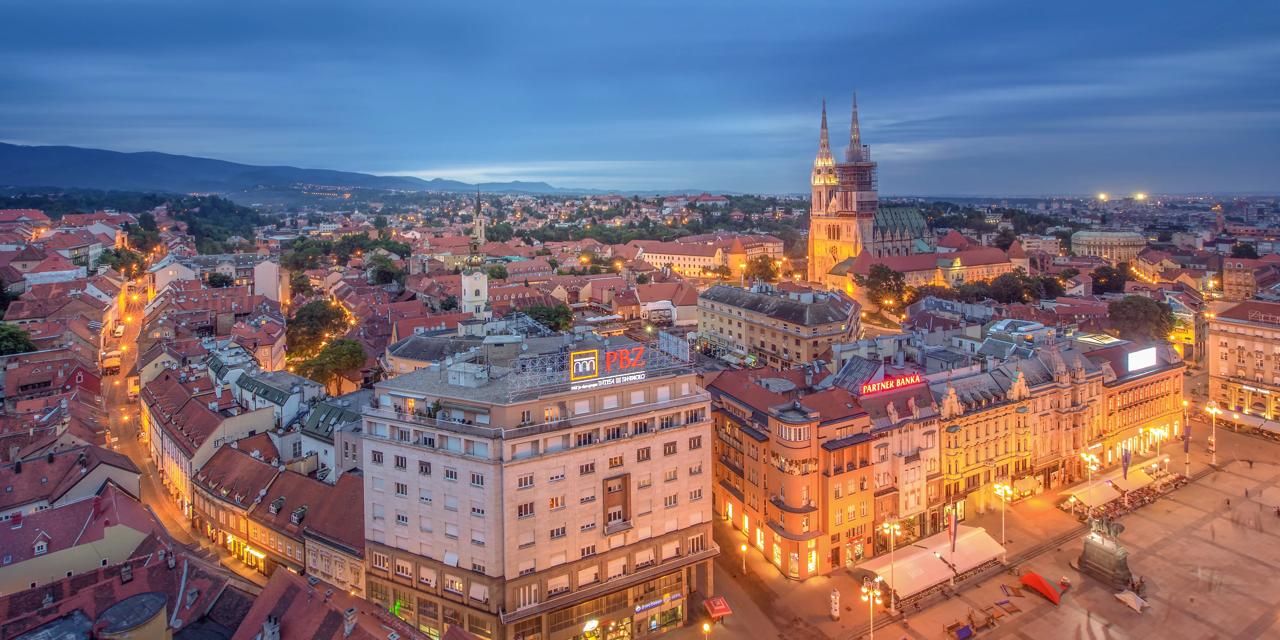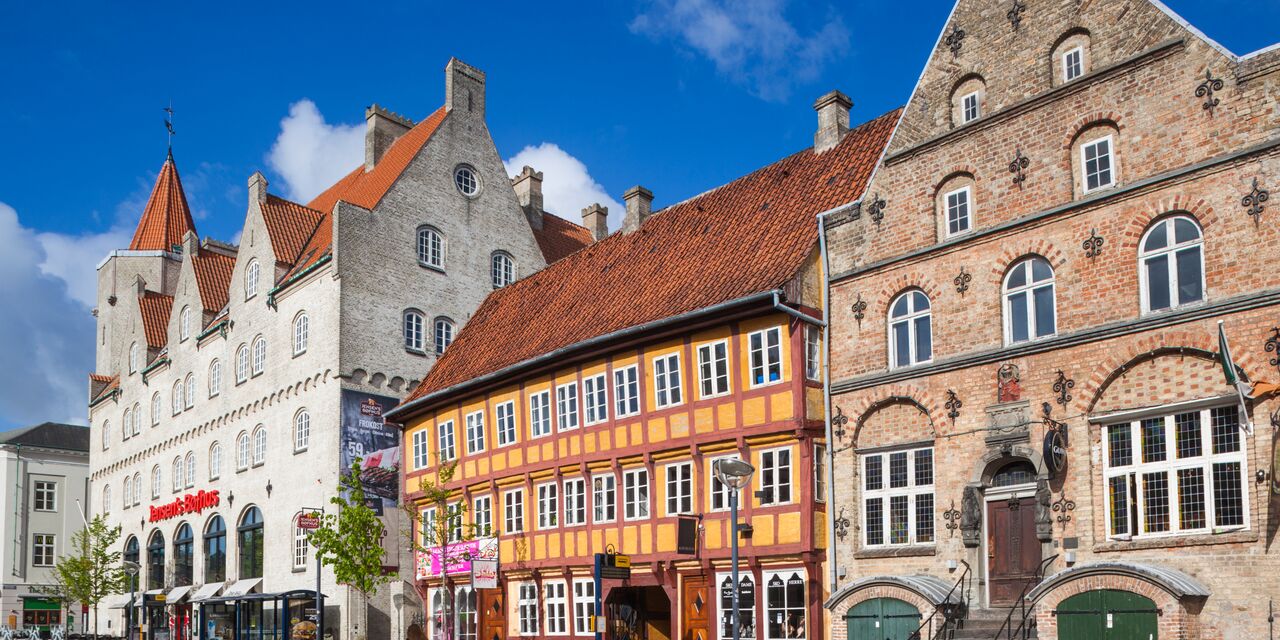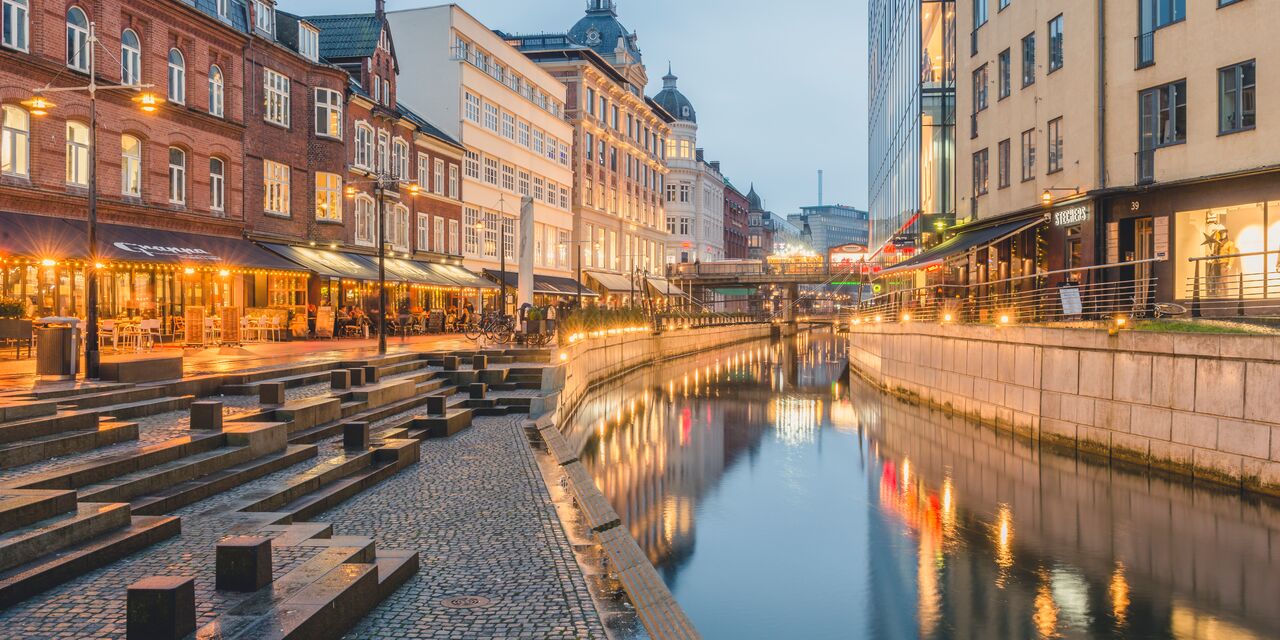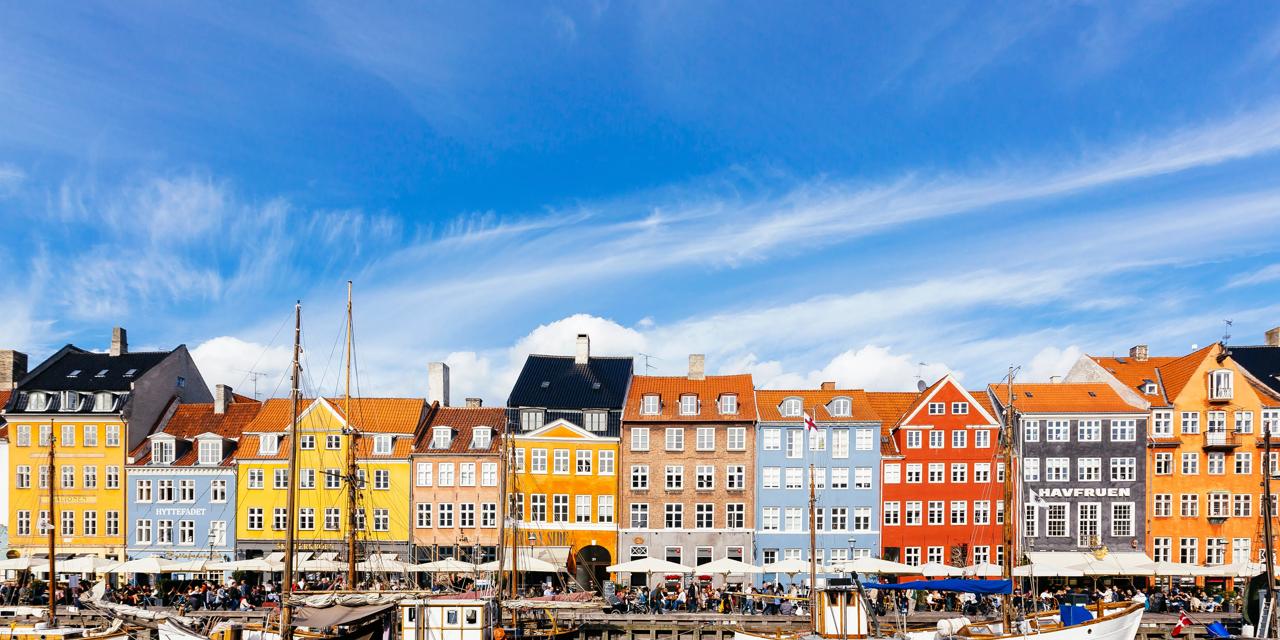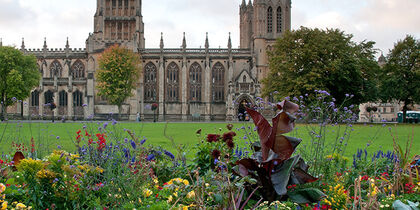
The cathedral on College Green in the heart of Bristol
A construction project spanning 7 centuries
The cathedral was originally an Augustinian Abbey on the edge of a wealthy trading town. Even before this abbey was built, the hill was a spiritual place of refuge. Followers of the Cult of the Holy Jordanus gathered here in the earliest days of English Christianity. A stone from that time has been preserved and incorporated into the cathedral, a worthy tribute to its early history. The cathedral has played a role in various historical events in Bristol. In 1831, for instance, the building was attacked by rebels protesting a parliamentary reform law, during which the bishop’s quarters were destroyed and the chapter house extensively damaged. A fire in the library also resulted in the loss of numerous valuable archives.
A fortunate find
The riots of 1831 also led to a lucky coincidence: during the restoration, a large stone panel depicting the descent of Christ into hell was found under the damaged floor. It is one of the best examples of Anglo-Saxon sculpture. The object, ‘The Harrowing of Hell’, is considered Bristol’s most important work of art from before the Norman Conquest of England.

